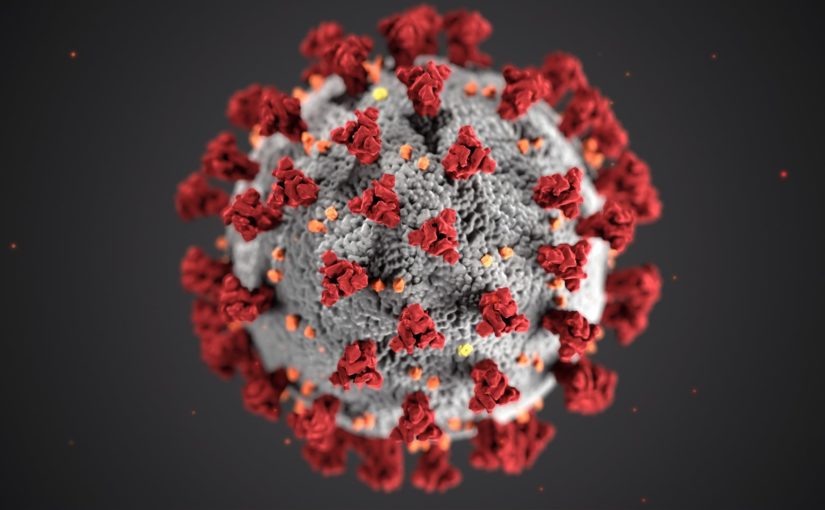Governments across Africa have taken measures to contain the outbreak of COVID-19. The current flood of information is mainly dominated by official sources, media and expert opinions. But how do Africans see the current situation? What do they know about the coronavirus and how are their lives affected? As the KFIBS Africa Research Unit, we were curious to hear the personal stories. This series of blog entries presents answers from people from different countries to questions about personal changes in life, political reactions and their sources of information. We would like to thank everyone who contributed to these articles.
* * *
Starting Point: Opinions from Our Contacts
When it comes to Africa, media coverage is often not particularly differentiated, or so-called experts are presented without questioning their expertise or self-interest. One such example is a German news site that recently interviewed the self-proclaimed philanthropist and billionaire Bill Gates on the subject of COVID-19 and its effects on the African continent. Even though he founded the “Bill and Melinda Gates Foundation” with, amongst others, the aim to improve healthcare globally, it is questionable whether he can be considered an expert in virology or an expert on health issues for an entire continent. The same news report did not feature any policy-maker or scientist from the African continent. For this series of blog articles, however, we wanted to talk with people from African countries and not about them. We did not speak to politicians, but we talked to acquaintances and friends. And as Nigerian author Chimamanda Ngozi Adichie stated in her famous TED talk, it is not possible to generalise from one lived experience, but it is important to broaden the external view on the African continent and its people. In the following, we want to present the impressions and opinions regarding the political measures taken in the respective countries.
Public Support for Taking Action
Many African countries have taken much more decisive action against coronavirus than other states. Some reasons may be that a few countries are already Ebola-experienced (and therefore know how to deal with viruses) and in addition had enough time to act before COVID-19 reached the continent. At the same time, not all countries reacted in the same way and some countries barely took any action, such as Tanzania. From South Africa, Kamvelihle Mapundu, Mokgeseng Ramaisa and Percival Quina all agreed that the government acted swiftly: Awareness campaigns were launched and borders were closed, and South Africa went under a strict national lockdown (a curfew was implemented, shops and schools were closed), which was partly lifted already in May 2020. In Ethiopia, according to Nolawit Teshome, the government declared a state of emergency: Schools, universities as well as public transportation were closed. Mildred J. Johnson reported similar restrictions for Namibia: Schools were closed slightly earlier, but essential shops remained open under Phase-1 (strict measures under the state of emergency) of the lockdown. At the moment, there is no curfew in Namibia. But social contact is limited and the number of passengers using public transport restricted. Under Phase-1 long-distance travel, for example, was completely forbidden. But this has been relaxed under Phase-2 (the current state). In Benin, there are also regulations on travel and movement, as Michel Agodji let us know. There are local isolations of districts with infected people. Some governments have set up support programmes. In South Africa, for instance, the government has taken measures to support businesses and poor people during the lockdown. From Rosalie Zobo we know about governmental measures in Senegal to support citizens by helping them with their water and electricity bills. Even though many states reacted quickly, they reacted in different ways. What we also observed in our small sample, however, was (as in many other countries around the globe) a relatively high-level of agreement among our interview partners with the measures taken by their governments. Michel thinks that the government has done a good job, even if he initially feared that the measures would not be taken seriously. And Mwansa Mungela also thinks that Zambia tried to protect the people despite the economic challenges for many families.

“The government response has been multi-sectoral and anchored on ensuring that lives are protected but that the economy also continues to run because most of the Zambian population depends on daily wages for household sustenance.”
Hastings Sichone remarks that it was difficult for governments to react to COVID-19. Percival pointed out the importance of leadership in these times. A question which is worth studying in the future.
Worries About What Is Yet to Come
Nevertheless, our interview partners also raised some critical points: Felix Chabala was not too content with the Zambian government’s actions. According to him, officials underestimated the pandemic and did not implement a sufficiently strict lockdown. Nolawit would like to see stricter law enforcement in Ethiopia. Kamvelihle criticised that despite their lack of training in civilian operations, the military was involved in controlling the curfew in South Africa.
“Which I guess is to be expected when you get soldiers involved in civil matters. They handle people with brute force.”
(Kamvelihle Mapundu, South Africa)
On economic issues, Kamvelihle is worried about the economic consequences and the perpetuation of dependence on the so-called Global North, the IMF and the World Bank. Not only on a global scale, but also on national levels the economy is severely affected. We have heard that public food distributions would be helpful in Senegal, since the income of many people has plummeted due to curfews and lockdown. South Africa and Namibia are already distributing food, for which one has to queue for a long time in some cases. And for many people it is almost impossible to follow the rules.
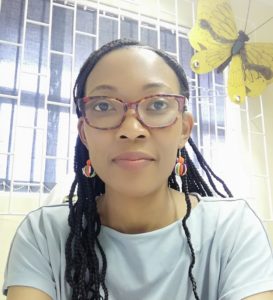
“But some things don’t work in the African context, for example, social distancing poses a challenge for people who live in informal settlements.”
Especially for the youth and people working in the informal sector, the measures to control COVID-19 could have severe effects. Rosalie fears political unrest as consequences, so governments have already to consider strategies to end the lockdown. As a result, we found out that these possible strategies are controversial at the same time, since the reopening of some economic sectors, and especially religious gatherings, could increase the spread of COVID-19 again.
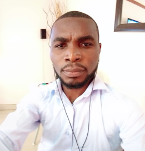
“The churches are opened up as long as social distancing is observed. This is not good because a lot of people will misinterpret that and just behave normally again.”
The Take-Home Message from This Little Sample
As we can see, not all African countries reacted in the same way. At the same time, some challenges are the same as for European countries: What is the right balance between lockdowns and gradual liberalization? How to deal with distance working and working from home? What about religious services during the coronavirus pandemic? What would be the consequences of COVID-19 on an economic and a political level?
Yes, it is true, Africa is different from Europe. At the same time yet, African countries differ amongst themselves, and sometimes Europe and Africa have the same questions, but not necessarily the same answers.

This article was written by Sandra M. Dürr with the active support of Lennart P. Groscurth, Verena G. Himmelreich and Miriam Kalkum.

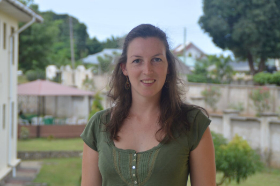
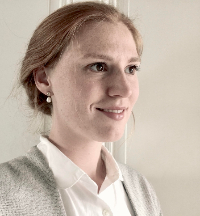
(Hinweis: Der vorliegende Blog-Beitrag gibt nicht zwingend die Meinung des KFIBS e. V. wieder.)

